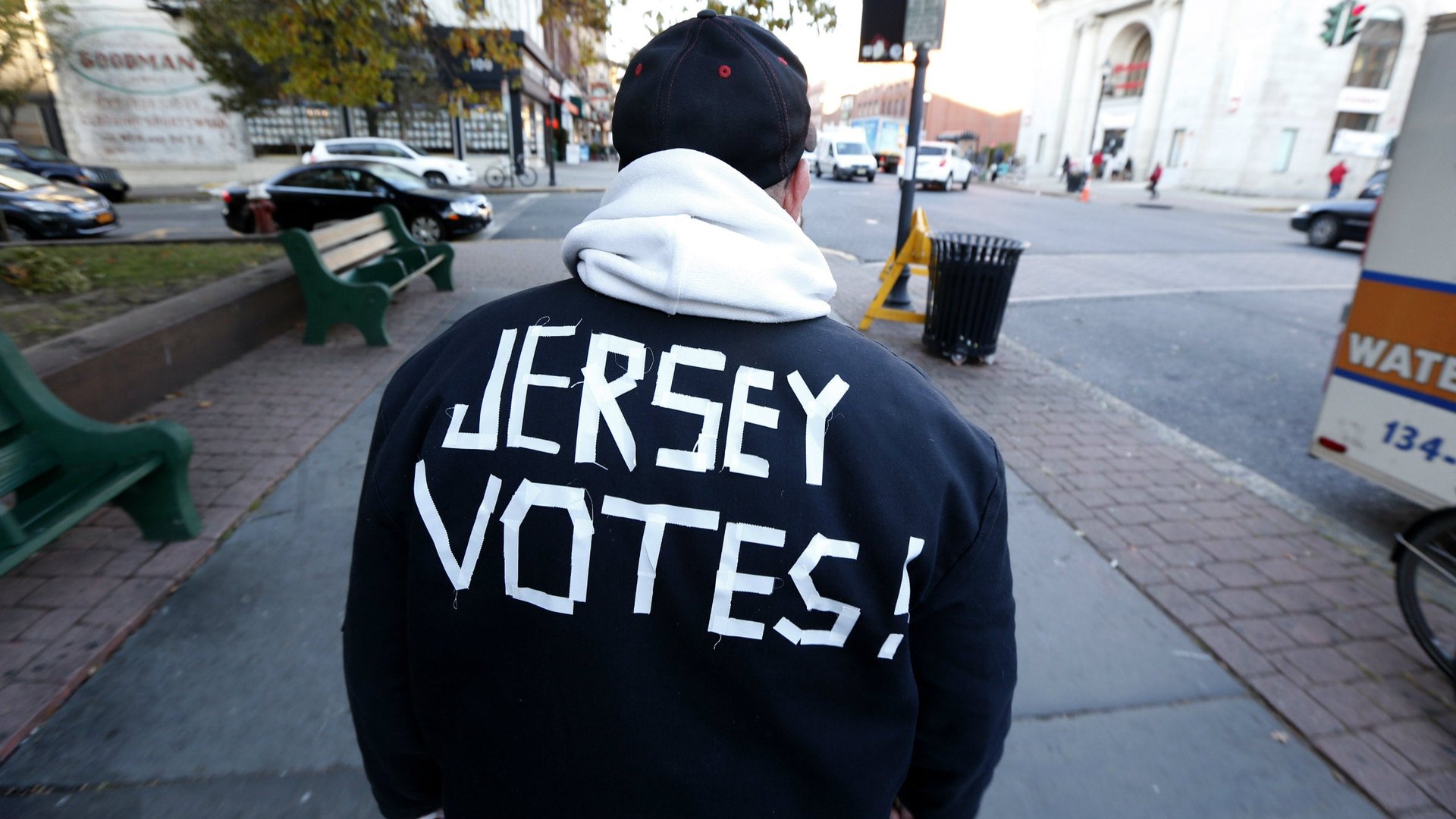How New Jersey’s elections will lead to “drama on a local scale that we saw in Florida in 2000”
Thanks to New Jersey’s overwhelmed, last minute email voting system–one election official called it a “catastrophe”–any local races or ballot initiatives that are close could be subject to endless legal wrangling. That’s according to the foremost experts on electronic voting systems in the US, computer scientist Matt Blaze of the University of Pennsylvania. Ballots cast via email could easily be contested, says Blaze, because voting via email is fundamentally insecure, and not every email ballot will be followed with the required mailed-in ballot, nor will all mailed-in ballots agree with the original email ballot, especially given the complexity of some local ballots.


Thanks to New Jersey’s overwhelmed, last minute email voting system–one election official called it a “catastrophe”–any local races or ballot initiatives that are close could be subject to endless legal wrangling. That’s according to the foremost experts on electronic voting systems in the US, computer scientist Matt Blaze of the University of Pennsylvania. Ballots cast via email could easily be contested, says Blaze, because voting via email is fundamentally insecure, and not every email ballot will be followed with the required mailed-in ballot, nor will all mailed-in ballots agree with the original email ballot, especially given the complexity of some local ballots.
“I think it’s highly likely that at least some of these races throughout the state are going to hinge on ballots that may or may not be valid,” says Blaze, who was one of the experts who helped Ohio to make its voting system more secure in 2007. “And those races are almost certain to play out with all of the drama on a local scale that we saw in Florida in 2000.”
The contested and ultra-close presidential election in Florida in 2000 is remembered for its endless vote recounts and infamous “hanging chads,” in which voting machines produced ballots that were in some cases almost impossible for election officials to read. In essence, candidates who lost but who aren’t ready to give up the fight, and advocates of ballot measures, could turn email voting into the “hanging chads” of New Jersey’s local elections, forcing courts to consider complex technical issues that are without precedent, given the improvised nature of New Jersey’s online voting experiment.
As of mid-day Nov. 6, officials in one county in New Jersey reported that they had already received 3,000 email ballots. The grand total for the state is likely to be much larger, given that email ballots sent to officials were bouncing from their already-full accounts, forcing one official to suggest that voters send the overflow to his personal Hotmail.com account.
“The question [in New Jersey] is not even whether there was any chicanery, but whether you can cast doubt on the outcome. This chaos is going to lead to doubt,” says Blaze. He urges that any New Jersey residents who can, should cast a provisional ballot at any polling station, which does not even require that they have ID, and treat email voting as a last resort only.